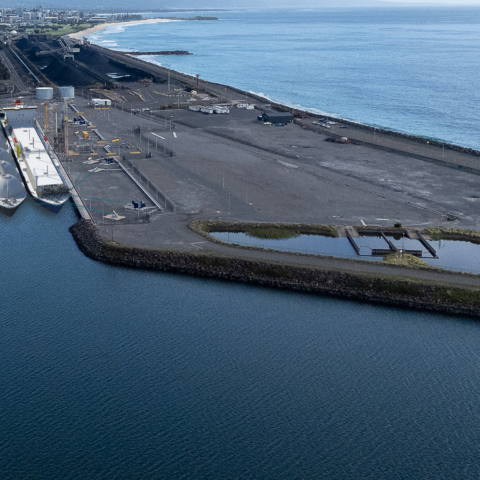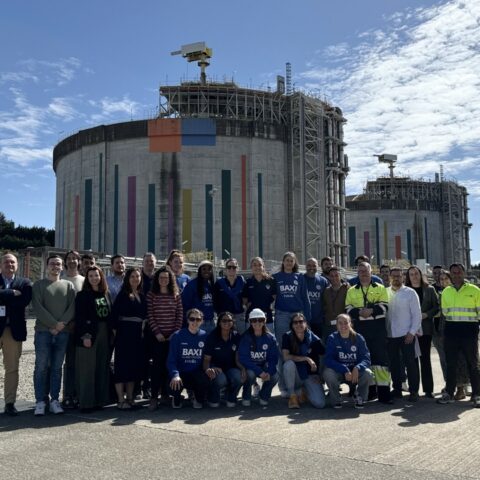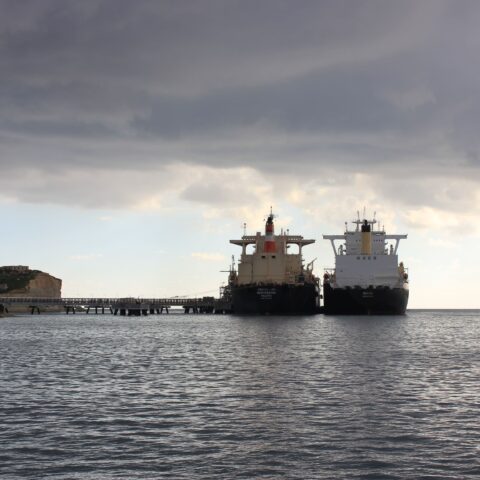After entering 35 countries, the Spanish energy group is evaluating access to new markets The Reganosa Group continues t...
Communication
Press releases
Squadron Energy chooses Reganosa to operate and maintain a new LNG terminal in Australia
Dec. 03/2025
After an international selection process, Reganosa Servicios has been chosen by Squadron Energy, Australia’s leadi...
MUGARDOS CELEBRATES THIS WEEKEND HIS GREAT APPOINTMENT WITH THE OAR
Jul. 03/2025
Concello, Club do Mar and Reganosa organise an intense day of trawlers on Saturday, with the participation of 21 crews. ...
REGANOSA CONGRATULATES UNI FERROL ON IT’S EXCELLENT SEASON IN THE ELITE LEAGUE
Apr. 22/2025
The workers of the GNL terminal of Mugardos wish the basketball team the best of luck in the playoffs for the title of t...
REGANOSA STRENGTHENS GLOBAL EXPANSION AFTER OPERATING IN 30 COUNTRIES
Mar. 31/2025
For the first time in the company’s history, revenues from activities outside Spain exceed one third of total reve...
REGANOSA REORGANIZES TO CONSOLIDATE ITS GROWTH AND BOOST GREEN TRANSITION PROJECTS
Nov. 08/2023
Roberto Tojeiro takes over the company’s presidency and Rodrigo Díaz becomes general manager. The group’s parent co...






